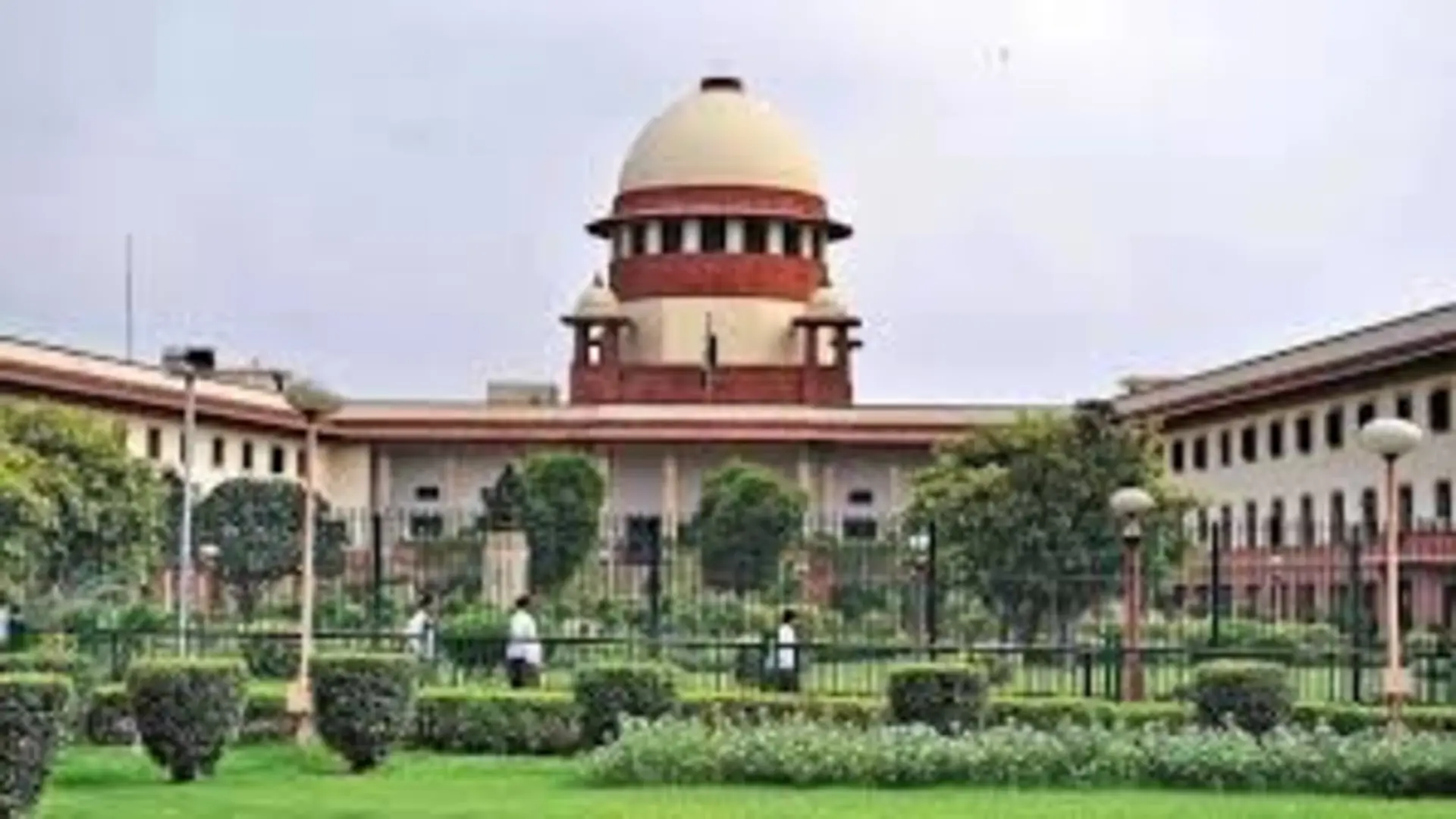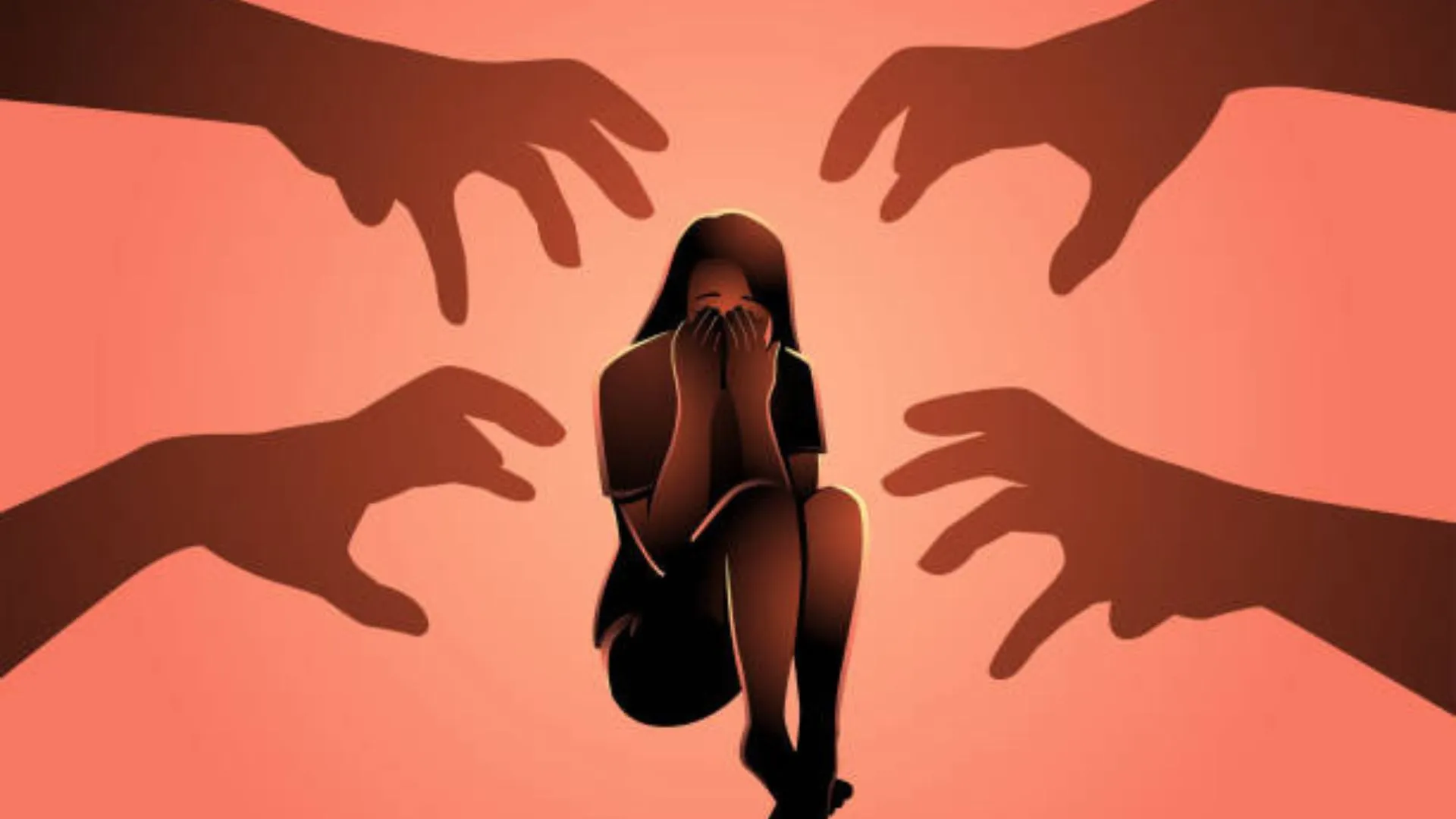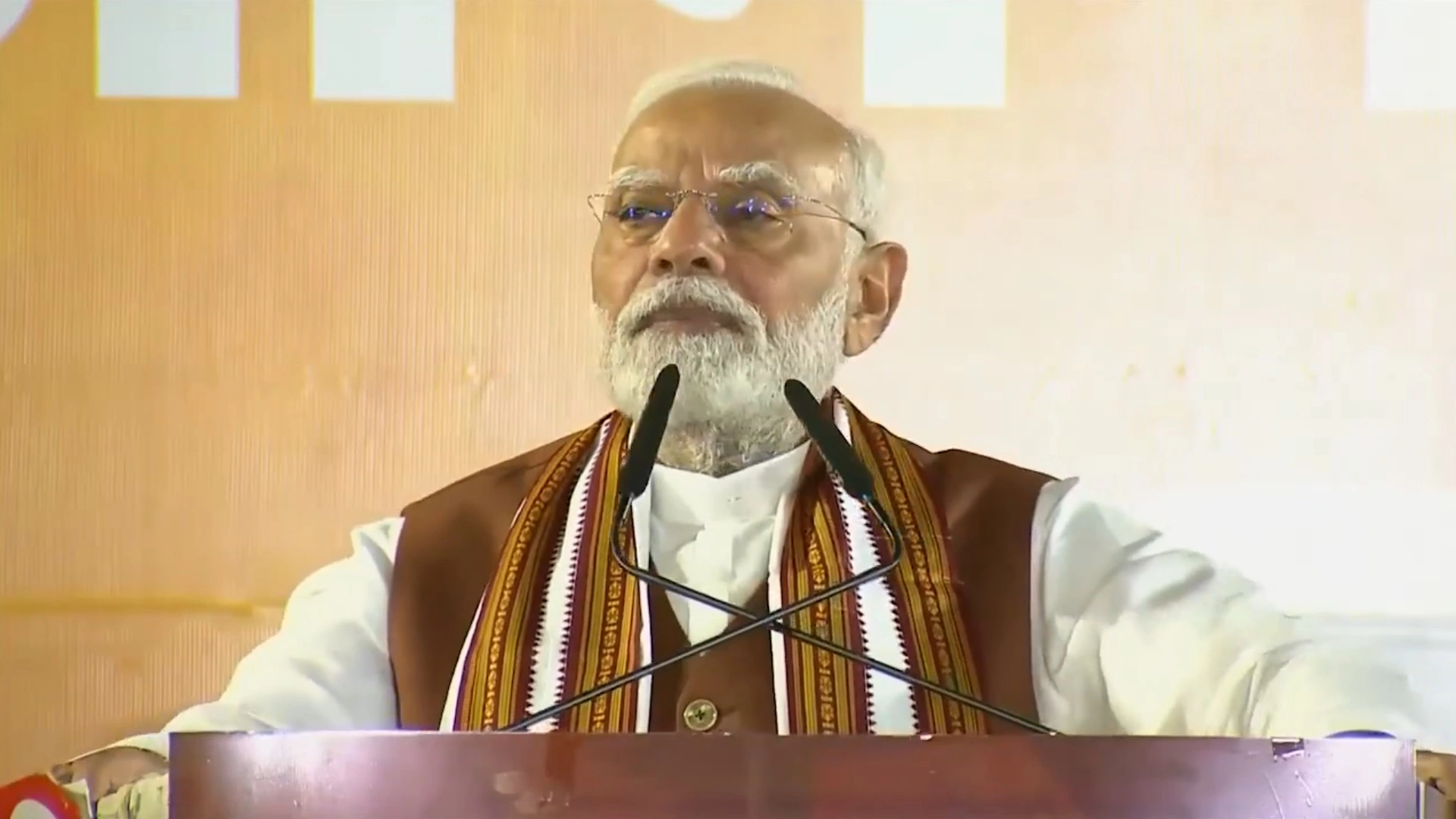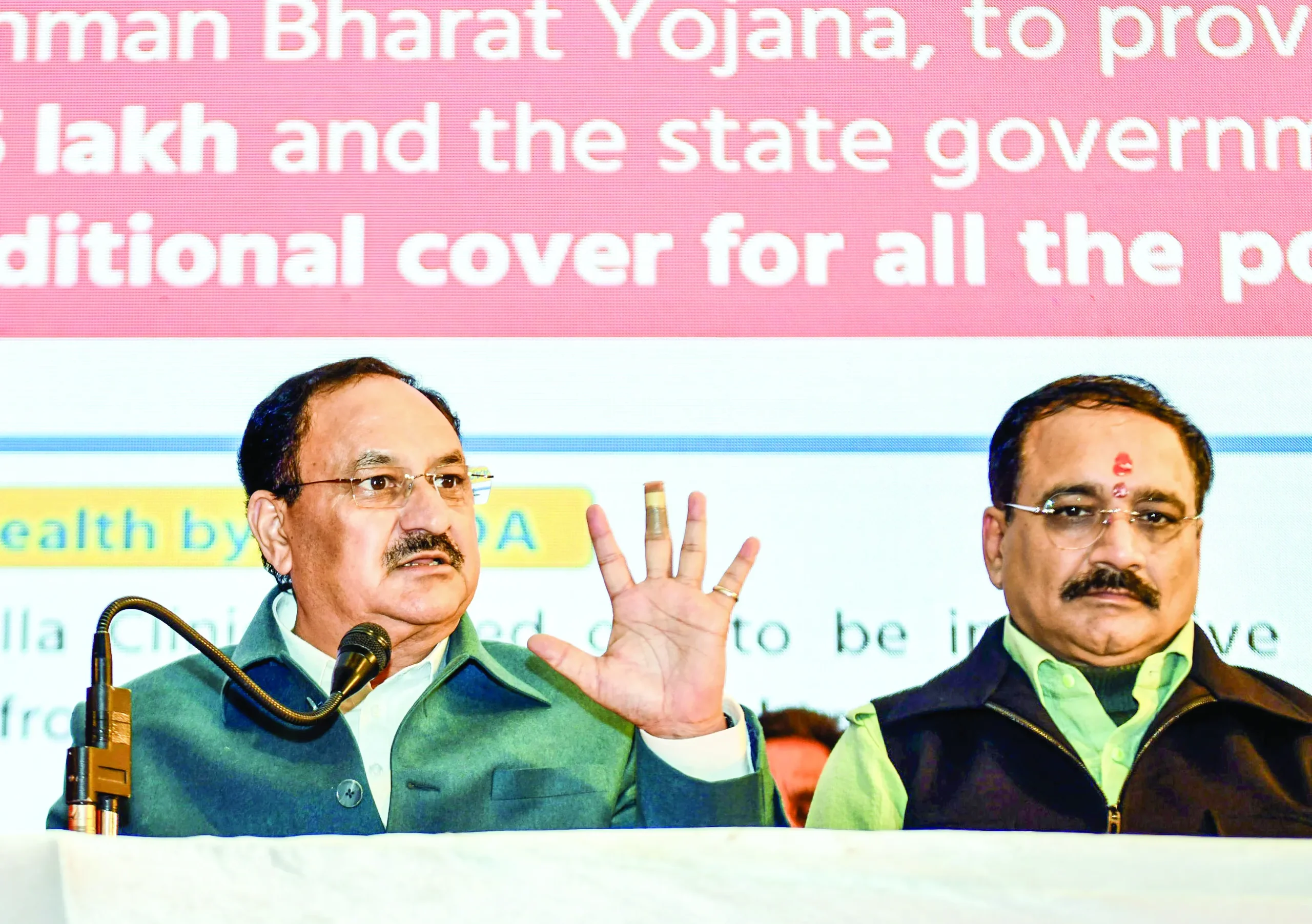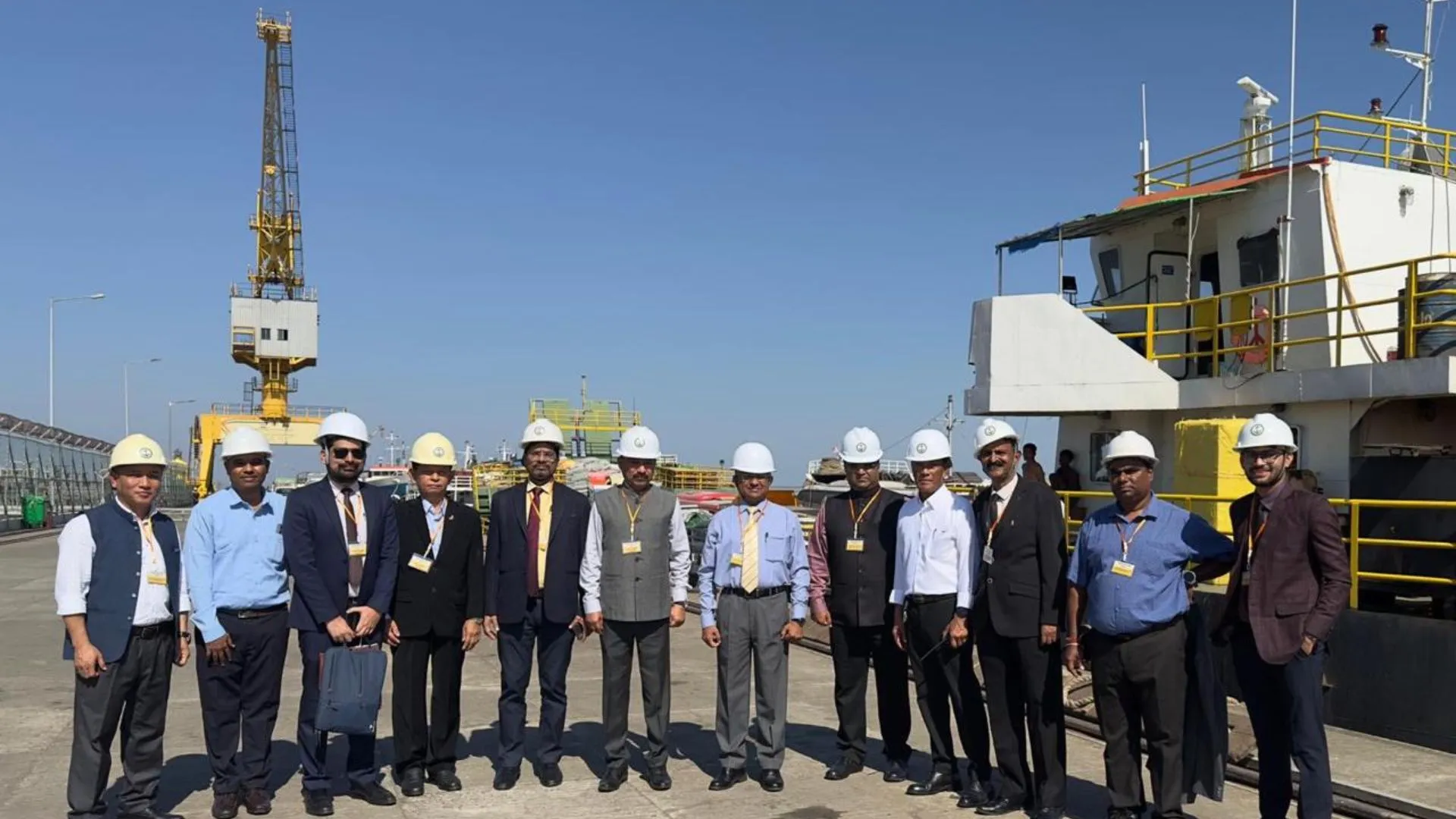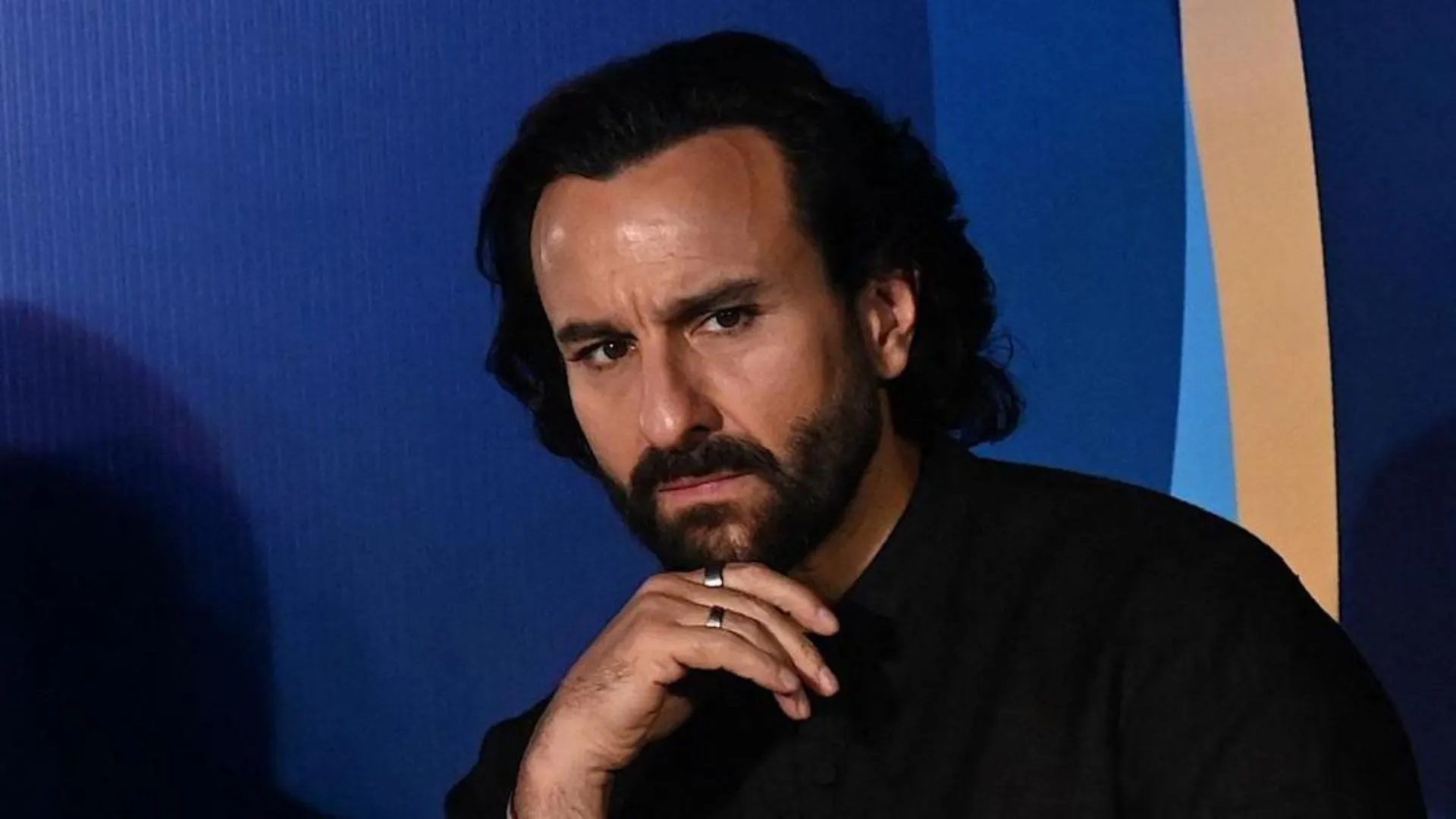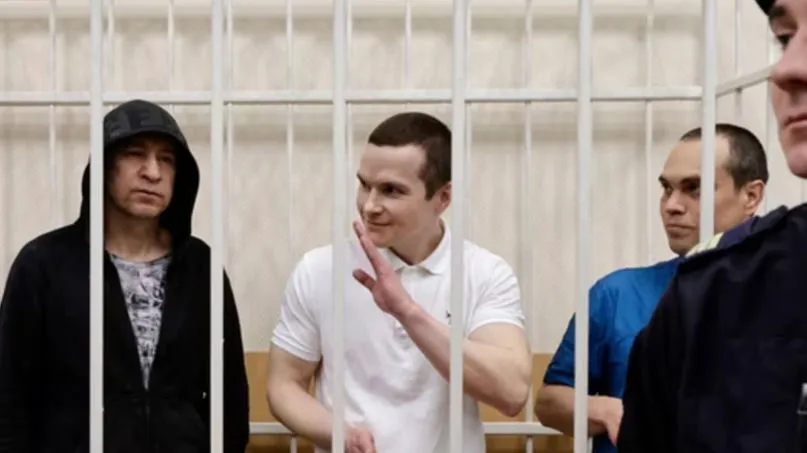The Supreme Court on Thursday directed civil courts across the country to refrain from handling suits that challenge the ownership and title of places of worship.
“We deem it fit to direct that no fresh suits shall be registered or proceedings be ordered. In the pending suits, no effective interim orders or final orders including orders of survey can be granted by civil courts till the next date of hearing,” the court said.
This order applies to high-profile disputes, including the Gyanvapi issue in Varanasi, the Krishna Janmabhoomi temple dispute in Mathura, and several others. The court was informed that such suits are pending in at least 10 locations.
A three-judge bench, led by Chief Justice of India Sanjiv Khanna, was hearing a series of writ petitions challenging the constitutional validity of the Places of Worship Act, 1991. The court also directed the Centre to file its response within four weeks.
Must Read: Places of Worship Act, the black law of India
Places of Worship (Special Provisions) Act
The Places of Worship (Special Provisions) Act, 1991 mandates that the nature of all places of worship, except for the one in Ayodhya that was under litigation at the time, shall be maintained as it was on August 15, 1947. Introduced by the P. V. Narasimha Rao-led Congress government during the peak of the Ram temple movement, the Act was also intended to apply to the disputed Kashi Vishwanath temple-Gyanvapi mosque complex in Varanasi and the Krishna Janmabhoomi temple-Shahi Idgah mosque complex in Mathura.
Several petitions have challenged the Act, arguing that it bars the remedy of judicial review, which the Supreme Court declared a basic feature of the Constitution in its 1980 judgment in Minerva Mills Ltd. & Ors vs Union Of India & Ors, thus falling outside the legislative competence of Parliament. Petitioners also argue that the Act violates the principle of secularism. Hindu groups have called for the scrapping of the Act, though the government has yet to take a stand on the issue before the court, despite being issued a notice more than three years ago.
In context, in June 2020, a Lucknow-based trust, Vishwa Bhadra Pujari Purohit Mahasangh, challenged the Act in the Supreme Court. Shortly afterward, the Jamiat Ulama-i-Hind sought permission to be made a party in the matter, stating that “even issuance of notice in the… matter will create fear in the minds of the Muslim community with regard to their places of worship, especially in the aftermath of the Ayodhya dispute and will destroy the secular fabric of the nation.” More petitions were filed in the case, including one by a representative of the erstwhile royal family of Kashi. The court decided against multiplying writ petitions on the issue and instructed the parties to file intervention applications instead.
Opposing these petitions, the management committee of the Gyanvapi mosque in Varanasi also filed an intervention application, warning that the “consequences” of allowing such pleas “are bound to be drastic.” The mosque committee referenced the violence in Sambhal, Uttar Pradesh, where a court allowed the survey of the Shahi Jama Masjid after permitting an application for the appointment of a survey commissioner the very day the suit was filed.

